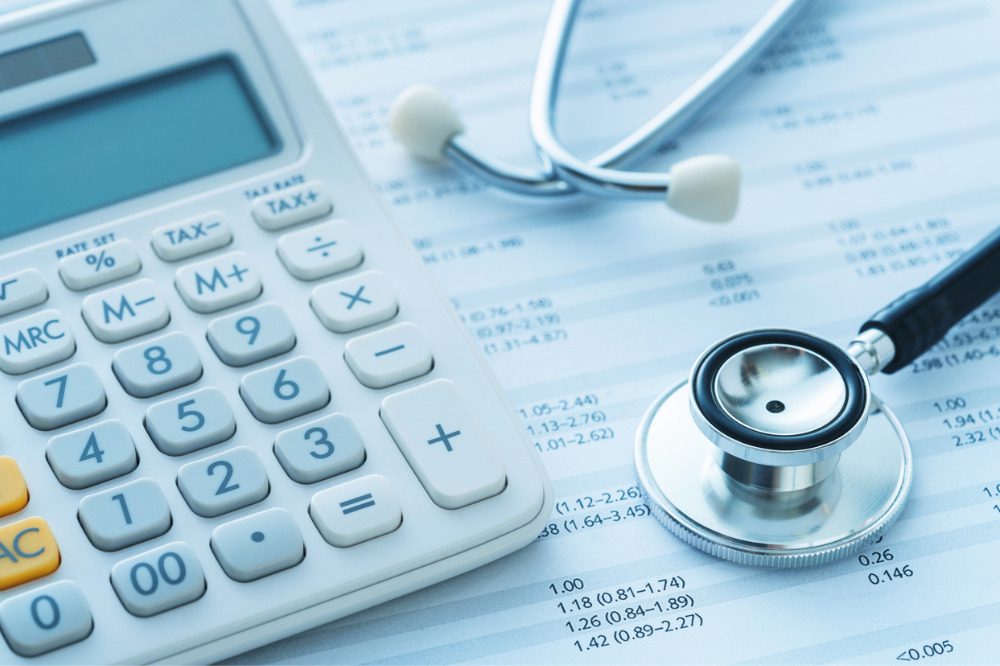Over 14 million private health insureds pay too much for medical devices

Members Health also found that if the same average price for medical devices was applied in private hospitals as public, the over 14 million Australians with PHI could save a whopping $956 million, representing a massive increase of over $21 million on the preceding year.
“The data points to a regulatory system in total and absolute crisis and in need of urgent action,” said Members Health CEO Matthew Koce. “The current system is a tragic long-standing public policy embarrassment. It suggests brazen exploitation by big overseas dominated med-tech conglomerates out to fatten their bottom line.”
Read more: Members Health insurers to return almost $900 million to policyholders
The government data further revealed a cardiac deliberator (AICD) could cost $27,276 more for private hospital patients. Additionally, a spinal fusion can come in at over $15,000 more, a pacemaker can cost $7,651 more, and a hip replacement can cost over $3,200 more than those of public patients.
“There can be no legitimate justification for Australian families having to pay up to 85% more for some medical devices just because they are a private patient. It is both unfair and discriminatory,” Koce said.
On the bright side, the Albanese Government has put forward new draft legislation to fix medical device regulation. As part of those legislative efforts, Members Health is calling on the government to mandate price disclosure, consistent with the Pharmaceutical Benefits Scheme (PBS).
“A more transparent medical device industry would benefit everyone and go a long way towards restoring public confidence. In particular, mandated price disclosure would help put to bed any possible suggestion of secretive financial incentives being shared between medical device companies and hospitals,” Koce said.





